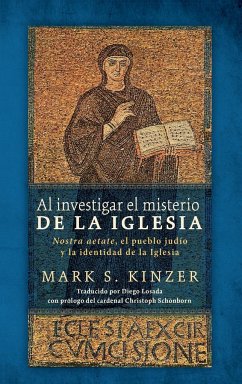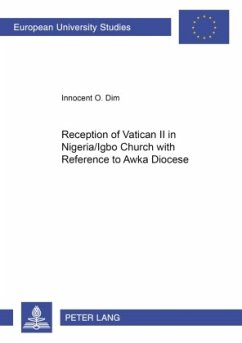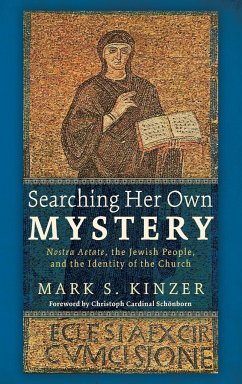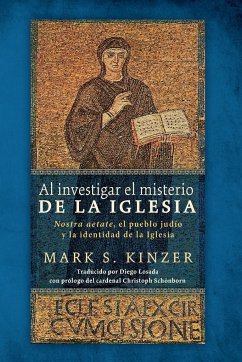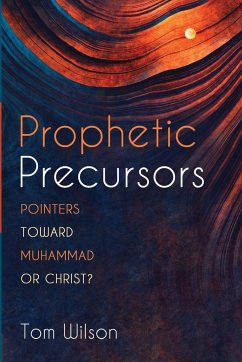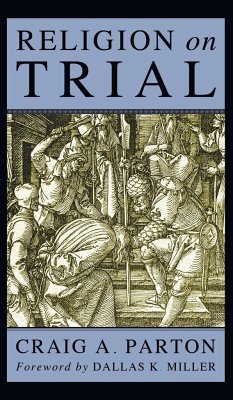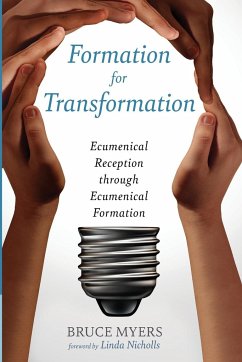
Formation for Transformation
Versandkostenfrei!
Versandfertig in 1-2 Wochen
22,99 €
inkl. MwSt.
Weitere Ausgaben:

PAYBACK Punkte
11 °P sammeln!
In the past century the ecumenical movement has made extraordinary efforts in healing the wounds of division in the body of Christ--the church. However, in their formal preparation for ministry, many clergy learn little or nothing about the achievements, methods, or implications of ecumenism. This failure to adequately educate and inspire successive generations of Christian leaders about the quest for the church's visible unity risks not only an irretrievable loss of ecumenical memory, but also a return to a time in which ignorance, fear, mistrust, suspicion, stereotypes, caricatures, recrimin...
In the past century the ecumenical movement has made extraordinary efforts in healing the wounds of division in the body of Christ--the church. However, in their formal preparation for ministry, many clergy learn little or nothing about the achievements, methods, or implications of ecumenism. This failure to adequately educate and inspire successive generations of Christian leaders about the quest for the church's visible unity risks not only an irretrievable loss of ecumenical memory, but also a return to a time in which ignorance, fear, mistrust, suspicion, stereotypes, caricatures, recrimination, anathematization--even persecution--characterized the relations between divided churches. Drawing on decades of reflection on ecumenical reception and formation, and using the Anglican Church of Canada as a model, this book presents an approach to teaching the practical and theological aspects of ecumenism in a way that is both holistic and pragmatic and offers the potential to raise up a new generation of church leaders who are also agents of reconciliation and Christian unity.






